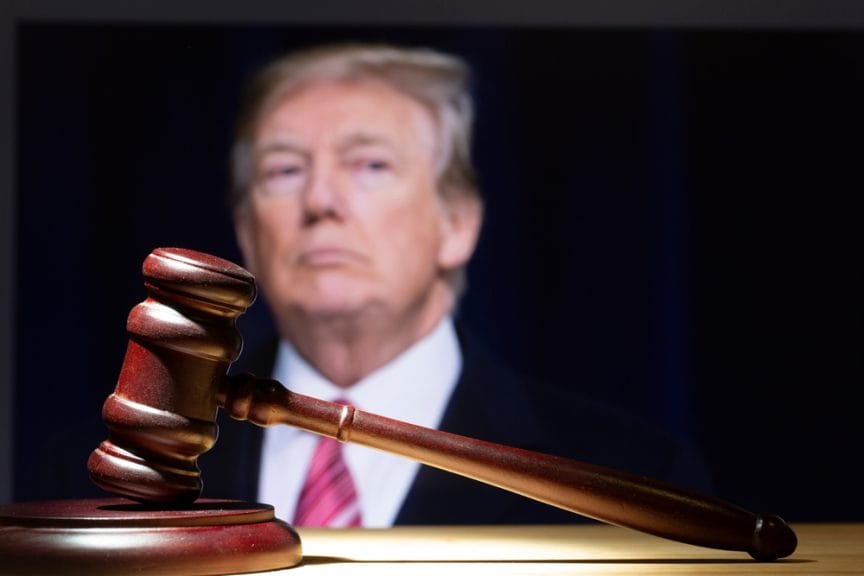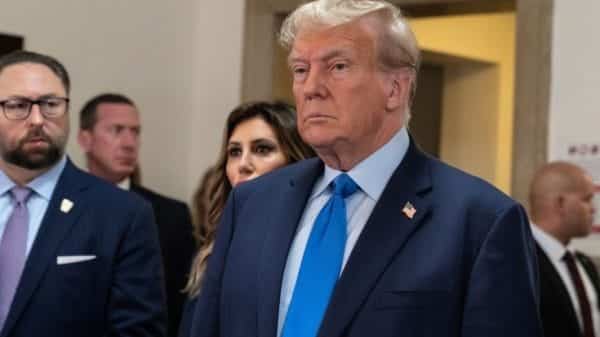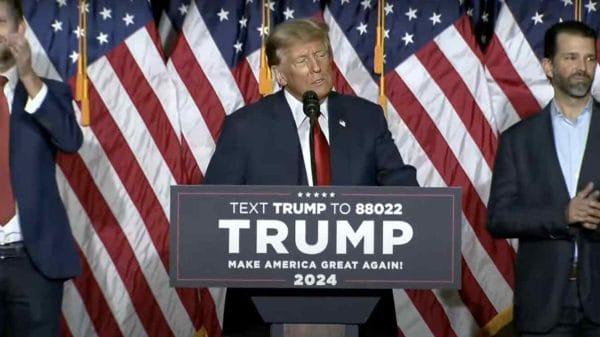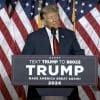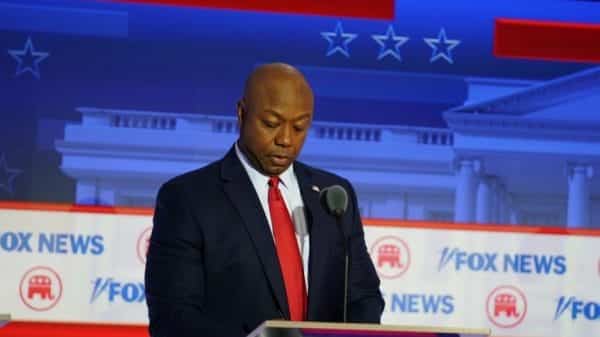The Supreme Court appeared inclined to reject a man from California’s request to trademark the phrase “Trump too small.”
This particular case holds significant potential consequences for the First Amendment. This case could have important implications for the First Amendment.
The court’s decision could impact the ability to trademark political criticism and living individuals’ names.
Trademark denial sparks legal battle
The heart of the matter lies in the clash between the right to free speech and the trademark regulations in the United States. Federal law strictly prohibits trademarks that employ a living person’s name without their explicit consent. During arguments, both liberal and conservative justices seemed likely to back this rule.
Steve Elster, a lawyer from California, wanted to trademark the phrase “Trump Too Small.” He planned to use it on t-shirts and sell them.
The U.S. trademark office initially rejected Elster’s request for this phrase.
He argued that Trademark denial violated his freedom of speech by restricting his political criticism.
However, some of the justices were more worried that letting one person trademark a specific form of political criticism might pose a more significant threat to the First Amendment.
Trademark rush and its implications for free speech
During the hearing, some justices emphasized that they denied Elster’s request for a trademark. His First Amendment rights remained intact.
Chief Justice John Roberts inquired about the potential consequences of granting one individual the ability to trademark a specific political criticism. He questioned whether this action could lead to others trademarking similar phrases, which could impede political expression.
Chief Justice Roberts said people might rush to trademark different versions of “Trump Too” phrases, especially in politics. This could limit the freedom of speech for others and violate their First Amendment rights. It emphasizes the challenge of finding a balance between trademark law and free expression.
The Supreme Court’s verdict: First Amendment preserved
During the hearing, some justices emphasized that they denied Elster’s request for a trademark. His First Amendment rights remained intact.
Sotomayor declared that Elster can still sell “Trump too small” t-shirts, even without the trademark. Justice Sotomayor made the point that the denial of the trademark does not hinder free speech.
She said Elster could still spread his political message by selling his t-shirts, even without the trademark. This view suggests that Elster can still freely express himself even if the authorities reject his trademark application.
The Supreme Court‘s decision in this case will define the limits of trademark law and First Amendment rights. In a time when we highly value political expression, these two areas are critical.
The result will decide if it’s simple to trademark political criticisms about famous people and its effect on free speech. The court will decide how to protect intellectual property while also respecting free speech.


